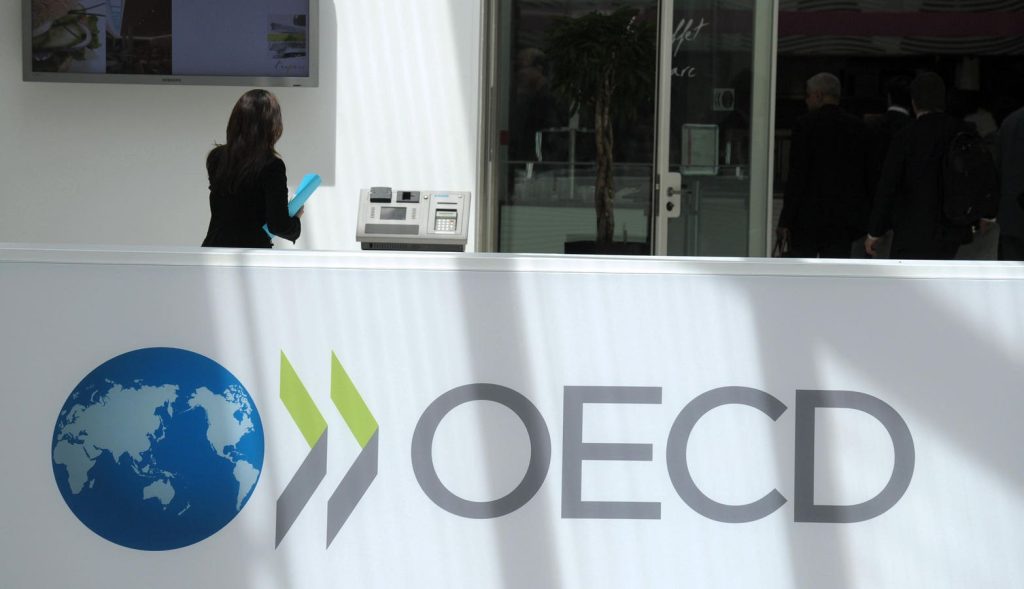Paragraph 1: Overview of the OECD’s Two-Pillar Project and Recent Developments
The Organisation for Economic Co-operation and Development (OECD) has been spearheading a significant project to modernize the international corporate tax system, particularly in light of the digital economy’s challenges. This initiative, known as the two-pillar solution, aims to address profit allocation and nexus rules, digital services taxes, and global minimum taxation. 2024 has witnessed substantial activity surrounding the implementation of these two pillars, involving updates to model rules, administrative guidance, public consultations, and legislative actions by various jurisdictions. This summary outlines the key developments related to both pillars, highlighting the progress, challenges, and uncertainties encountered throughout the year.
Paragraph 2: Progress and Challenges in Implementing Pillar Two (Global Minimum Taxation)
Pillar Two, focusing on global minimum taxation through the Global Anti-Base-Erosion (GLOBE) rules, has seen considerable progress in implementation. The OECD released updated commentary and administrative guidance on various technical aspects, including deferred tax liability recapture and a streamlined process for compliance assessment. Numerous countries have adopted the GLOBE rules and corresponding domestic minimum top-up taxes, although some, particularly within the EU, have faced delays and infringement procedures for missing deadlines. A legal challenge against the Undertaxed Profits Rule (UTPR) in Belgium adds another layer of complexity to the implementation process. The focus for 2025 will likely be on continued implementation, addressing integrity issues like "related benefits," and establishing a framework for information exchange between tax administrations.
Paragraph 3: Developments and Uncertainties Surrounding Pillar One (Profit Allocation and Nexus Rules)
Pillar One, addressing profit allocation and nexus rules, has faced greater challenges. While progress has been made on Amount B, which simplifies transfer pricing for baseline marketing and distribution activities, the development of a final multilateral convention (MLC) for Amount A has been delayed. Disagreements persist, particularly regarding the mandatory application of Amount B. Although the OECD Inclusive Framework claims to have resolved most of the outstanding issues, the final agreement remains elusive. The failure to finalize Pillar One also impacts the elimination of Digital Services Taxes (DSTs), with countries like Canada enacting new DSTs and others modifying existing ones, despite the intended objective of the MLC to abolish these taxes.
Paragraph 4: Digital Services Taxes (DSTs) and International Trade Tensions
The implementation of DSTs by several jurisdictions has created friction with the United States, which considers them discriminatory against American companies. While a “unilateral measures compromise” temporarily averted a trade war, its expiration has renewed the possibility of tariffs. Canada’s enactment of a DST led the US to initiate dispute settlement consultations under the USMCA trade agreement. Other countries have either modified their DSTs or proposed alternative measures, highlighting the ongoing debate surrounding digital taxation and the need for a global solution. The ongoing delay in finalizing Pillar One exacerbates these international trade tensions.
Paragraph 5: Implementation Challenges and Future Outlook for Both Pillars
Implementation of both pillars faces varying degrees of complexity and uncertainty. While Pillar Two implementation progresses, questions regarding the UTPR’s legality and potential safe harbors remain. Pillar One’s future hangs in the balance, with Amount A’s fate dependent on resolving the mandatory Amount B issue. The US political landscape adds another layer of uncertainty, with the possibility of a second Trump presidency potentially jeopardizing US participation in the global tax reform effort. Furthermore, the UN’s involvement in international tax cooperation raises concerns about potential duplication of efforts.
Paragraph 6: Anticipated Developments in 2025 and Beyond
Looking ahead to 2025, continued implementation efforts for Pillar Two, including the application of UTPRs and the development of information exchange frameworks, are expected. The OECD is also likely to release further guidance on technical aspects and address integrity concerns. The resolution of the Amount B issue is crucial for finalizing Pillar One, which would pave the way for eliminating DSTs and addressing profit allocation challenges posed by the digital economy. However, the political landscape in the US and the UN’s involvement will significantly influence the future trajectory of the OECD’s two-pillar project. These ongoing developments and uncertainties guarantee continued debate and developments in international taxation in the years to come.










